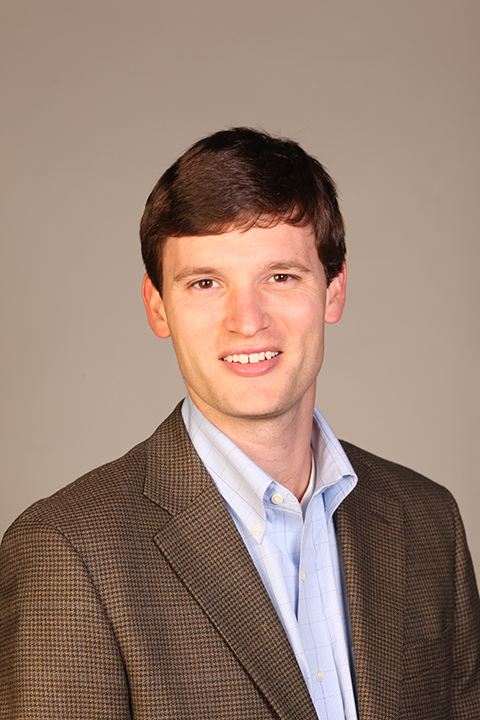
Linda Nguyen
A&E Editor
Doing is everyone what to conform to tendency the have people.
The sentence above breaks a social norm by being written in reverse.
According to a study by Dr. Kyle Irwin, assistant professor in the department of sociology, and Dr. Christine Horne, associate professor at Washington State University, people tend to look unfavorably upon and even socially punish people who break social norms even if they are benefiting society overall.
Irwin said the study, which was published in the journal Social Science Research, provides an explanation as to why individuals who do more than what is expected and benefit the community are punished by others in society.
“Lots of research has shown when people make generous contributions, they are rewarded,” Irwin said. “Recently though, some studies have shown people who make generous contributions are punished. There’s some level of resentment. Those individuals are ostracized. We thought it’d be interesting to ask why. It’s called anti-social punishment.”
Irwin said he defines norms as typical behavior: how people talk, how they dress and what people normally do.
“What we argue is that when there are strong norms for the way people should act, when people break those norms, they will be punished,” Irwin said. “They can do less than the norm prescribes or more than the norm prescribes.”
Irwin said what they were really interested in understanding is why the community would punish those who go above and beyond what is asked.
“Let’s say you have to do a lit review,” Irwin said. “You decide everyone should do one review and you show up and someone has done all four reviews. On one hand, maybe you really like that person or maybe you really resent that person for doing something that was against the norm.”
Irwin and Horne examined their questions by conducting a public goods study where individuals were randomly assigned to a group and were asked to decide how to divide their given resources. Their goal was to maximize the amount of points they have. They all started with an equal number of points. They had the option to contribute to a group pot which could be doubled and then divided among the group members regardless of how much they originally contributed. In each group, there was a deviant who would either contribute generously or sparingly. Afterwards, the participants were given the opportunity to punish the deviant by taking points away.
“What we find is when norms are strong and everyone’s doing the same thing, the deviant giving way above is punished stronger,” Irwin said. “Norms are motivating people to punish this generous person even if their contributions benefit everyone in the group. In the case of a free-rider, the norm makes no difference, everyone is frustrated. That’s universal across conditions.”
Irwin said previous research has mainly shown the effects of anti-social punishment, but this study is the first to present an argument as to why people are punished for doing and giving more.
“Maybe those who do more are considered do-gooders,” Irwin said. “The other people might feel inadequate, but that wasn’t one of the reasons. In every case, still the only predictor is norms even controlling for that other stuff.”
Horne said the most intriguing thing about the study was finding that people punish goodness.
“What is typical seems to be important,” Horne said. “In some ways, people valued conformity more than contribution, which we would not necessarily expect.”
Horne said she thinks these findings may discourage individuals from doing something that is beneficial because it is atypical.
“You can imagine this applying to a work group,” Horne said. “If the work group is made of people who tend not to work very hard, the person who works hard, even if it improves the output, will be punished by the other workers. It discourages people from excelling or from being altruistic.”
Horne said this is contrary to what groups would encourage.
“You can have a society where people are discouraged from doing things that would help the group,” Horne said. “We would want to encourage people to do things to benefit the group.”
Irwin and Horne are currently conducting another experiment to explore other possible explanations as to why people punish those who break the norms in a beneficial way.
“Kyle and I have different strengths so we complement each other well,” Horne said. “It was a very successful collaboration.”



